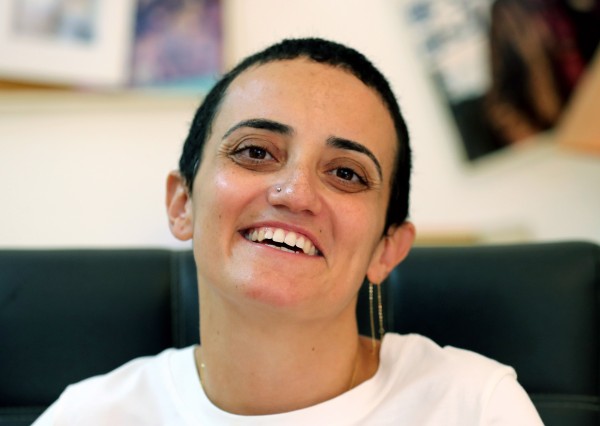At the IPI World Congress 2011 in Taipei, Taiwan, attention on Monday focused on the role of social media as a catalyst for the ‘Arab Spring’ revolutions.
Speaking on a panel titled “Social Media Revolutions: The Media and the Uprisings in North Africa, the Middle East, and Elsewhere”, Global Post founder Charles Sennott said: “When they turned off the Internet, that was Mubarak’s fatal mistake. You could really feel the intensity on the street as people left social media and went out. You have to be there in person, you can’t just tweet revolutions.
“Lots of people came out who had nothing to do with social media. Yet they had suffered at the hands of the police. I think these things happen in levels, it takes the regional media to catch on to it, then the global. But in the end it’s really about the people.”
Sennott was joined on the panel by Shatha Al-Harazi, a human rights journalist with the Yemen Times, and Hosam El Sokkari, Head of Audience, Yahoo!, Middle East, Dubai, UAE. The panel was moderated by lively CNN anchor Jim Clancy.
El Sokkari said: “The revolutions are an expression of the extended electronic global conscience. People were leading massive protests which were driven by the rage that people feel. That is why all of them went to the streets. There were some influential people, some of whom were active on social media, who were leading this.”
Al-Harazi said: “If you’re a journalist, you’re not allowed in, and if there were no people tweeting or ‘facebooking’ from the square, you wouldn’t know about it.”
Overreliance on social media, however, can raise issues of credibility. The panelists stressed the need for traditional media to apply the same criteria and strict standards to social media, as they would to any other source.
“Credibility depends on the situation,” said Al-Harazi. “Sometimes people are too lazy to verify their sources. You can’t do that as a journalist. It’s like an alert. You go and investigate it yourself.”
The tweeting, ‘facebooking’ and uploading of videos to the Internet flooded a gap that traditional media sources had failed to fill, said Sennott. He noted that sometimes social media provide a forum in which people can express themselves without fear, unfettered by the constraints of regular reporting, especially for state-owned media.
In response to a question from an audience member about whether or not social media use should be regulated, the response was unanimously negative.
“We need ethics here, not policies,” said Al-Harazi. Clancy, meanwhile, maintained that organisations should have policies regarding the use of social media by their employees.
The panelists agreed that social media allow far more people to participate in conversations than ever before. Information and power are more accessible.
Social media also bring events to the rest of the world, a point Al-Harazi made in describing how protests in Yemen as far back as last year went unnoticed because they were not covered by social media.
“Nobody covered the story when protests began months ago in Yemen,” she said. “Why in Tunisia? Because of the young man who killed himself and left a last post on Facebook. Everybody felt with him. People learnt through Facebook how to force the traditional media to cover their stories.”
El Sokkari agreed, pointing out that popular movements frequently reach critical mass when foreign media pick up on a story.
“It happens when there is a synergy between traditional media and social media,” he said.


